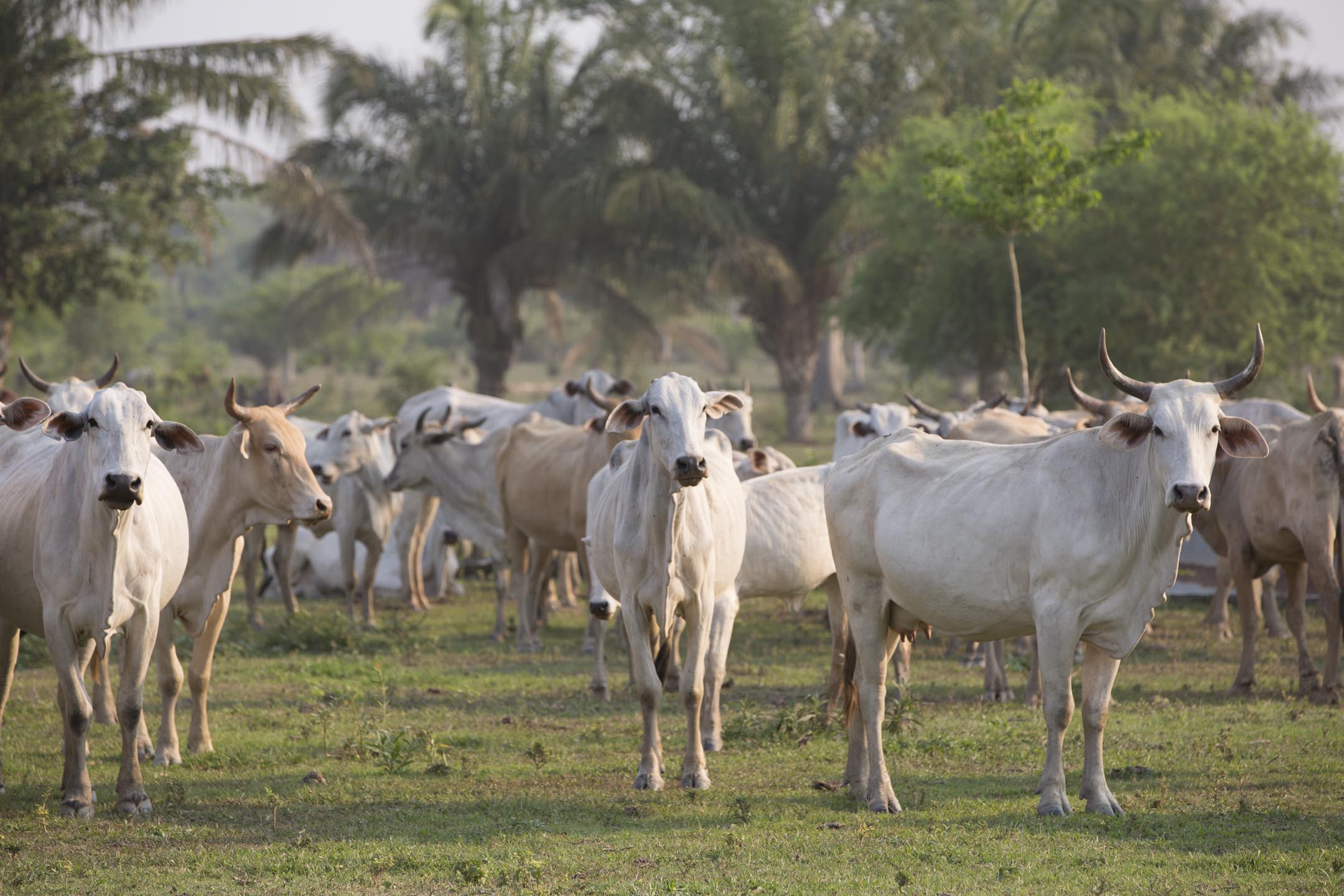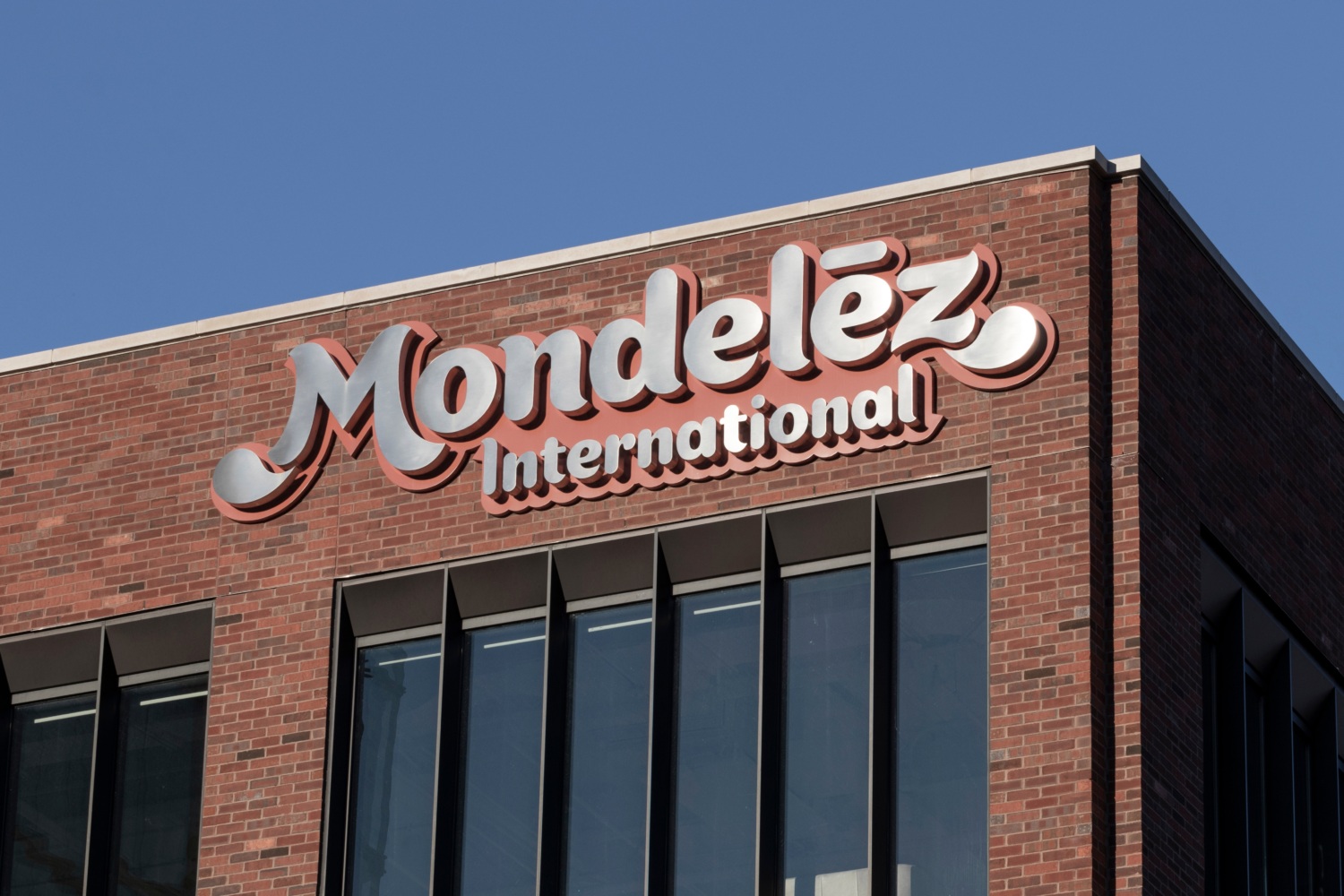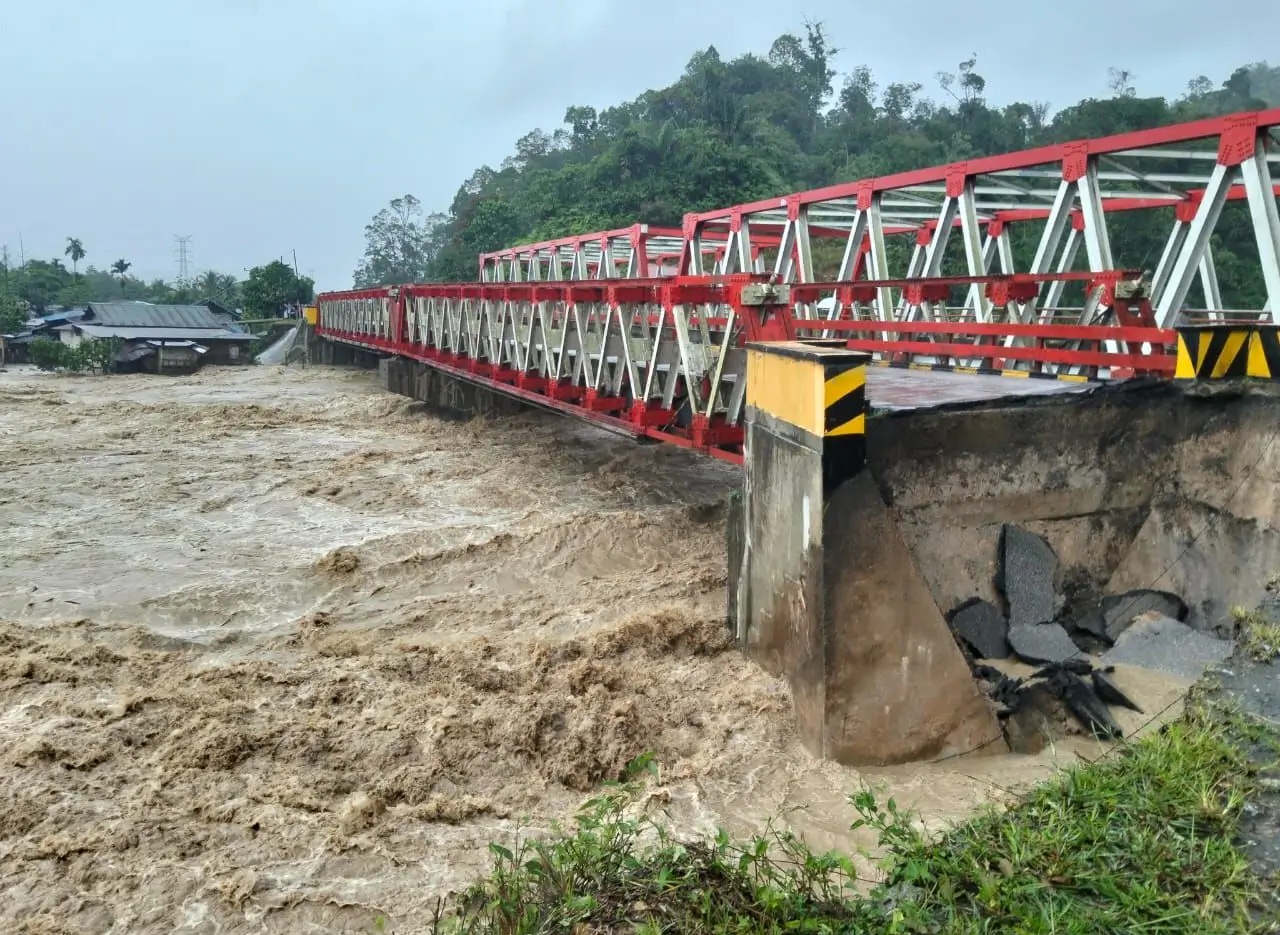
Beef Scorecard: Global Food Brands Failing to Address Largest Driver of Deforestation
WASHINGTON, DC – The world’s top supermarket and fast-food companies are largely ignoring the environmental and human rights abuses caused by their beef products, a new scorecard by Mighty Earth finds. The scorecard evaluates the beef sourcing practices of fifteen of the world’s largest grocery and fast-food companies that have pledged to end deforestation across their supply chains. Despite beef’s role as the top driver of global deforestation, only four companies- Tesco, Marks & Spencer, Carrefour, and McDonald’s – have taken some action to stop sourcing beef from destructive suppliers.

“A small handful of global beef suppliers are leading the destruction of our global forests and selling meat to food companies around the world,” said Lucia von Reusner, Senior Campaign Director for Mighty Earth. “Supermarkets and fast-food companies are the gatekeepers in the supply chain that can either enforce sustainability standards or continue to allow meat suppliers to sell beef from deforested land to unwitting customers.”
Public awareness and concern about the environmental impacts of meat production is on the rise. Cattle is the most significant driver of native ecosystem conversion, responsible for over 60% of global deforestation from high-risk commodities between 2001-2015. Mighty Earth’s scorecard reveals how supermarket and fast-food companies are performing against their promises to stop destroying forests. Companies are evaluated on three criteria: policy commitment, monitoring & verification, and public reporting on progress.
Key findings include:
- Despite the outsized destruction generated by the cattle sector, only four companies – Tesco (65/100), Marks & Spencer (62/100), Carrefour (61/100), and McDonald’s (54/100) – have begun to implement their deforestation and conversion-free (DCF) commitments for beef products.
- Tesco – at only 65 out of a possible 100 points – was the best performer, followed by Marks & Spencer (62/100) in second place. The two companies were the only ones to demonstrate effective use of the ‘suspend and engage’ approach with their beef suppliers, having cut contracts with non-compliant suppliers and prioritized sourcing from low-risk suppliers.
- Rewe (9/100), Aldi Süd (14/100), Ahold Delhaize (19/100), and Auchan Retail (24/100) were the worst performing companies according to the scorecard.
- Most efforts to stop native ecosystem destruction in the beef industry are concentrated in Brazil’s Amazon and do not address other ecosystems, despite increasing evidence that the problem has spread to the Pantanal, Cerrado, the Gran Chaco region of Paraguay and Argentina, the Chiquitania in Bolivia, and even parts of Australia.
The scorecard also provides comprehensive recommendations for steps food companies can take to improve their performance. These recommendations include:
- No-deforestation policy commitments must apply to all products globally, have a clear date for achieving compliance, include protections for all ecosystems beyond just forests, and have a clear cut-off date after which new deforestation will be considered a violation of the policy.
- Implementing internal systems for monitoring the performance and compliance of beef suppliers, which includes a ‘suspend and engage’ protocol for non-compliant suppliers.
- Require beef suppliers to provide data needed to evaluate performance, including full traceability information back to the farm level.
- Report regularly on progress, including volumes of conversion-free beef, percent of supply chain that is fully traceable back to the farm level, and disclose a list of all beef suppliers.


